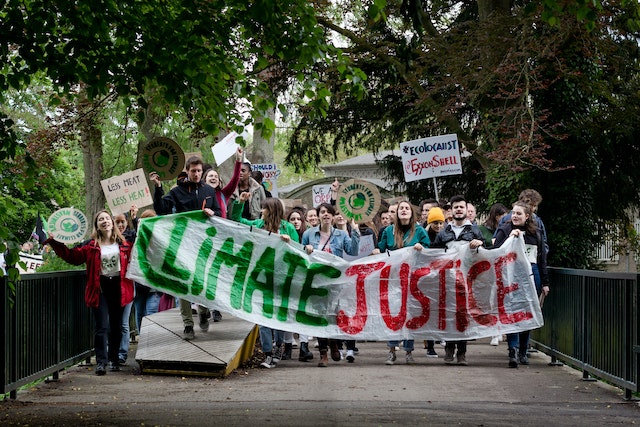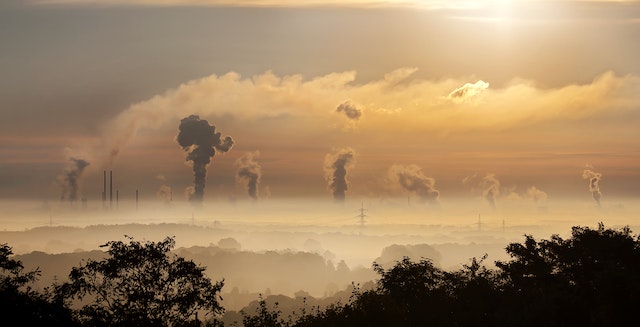Climate change has long been proven to pose an emotional burden for people, specially younger generations; and although its consequences are concerning, there's still hope to turn this burden around and fight for our planet.
Commonly known as climate anxiety, the emotional burden climate change takes on people has been an element of societal concern for quite some time. And although there is still no generally accepted diagnosis, it has become quite clear that the problem is indeed real.
This is specially true for younger generations. Among millenials and generation Z there seems to be a shared feeling of angst regarding what the future of the planet could mean for their lives and future generations’.
Why do people feel climate anxiety?
The simple answer here would be to suggest people feel climate anxiety solely on the basis of the consequences and dangers of our changing climate. But this answer falls a little bit short and is not entirely truthful to the reality of many young people.
As Britt Wray, researcher on the mental health impact of climate change, explains in a recent interview, younger generations have grown up surrounded by news of catastrophe and lack of time or capacity for change.
Furthermore, they have gone into their adult live marked by the lack of political action in the matter, and accustomed to empty promises that take physical evidence and turn it into unfulfilled political targets.

For young developing brains, and for young adults finding their identity and place in the world, such circumstances create a feeling of angst and very little hope for what is ahead.
Finding hope in the face of adversity
However, as Wray explains, not all hope is lost and, in fact, some good things can be said about this sense of anger and anxiety felt by the youth of the world.
First of all we need to understand that this feeling or emotional toll is the product of a great sense of caring for our planet, human beings, wildlife and the future of them all. It is a kind of anxiety and anger that is rooted in a sense of deep injustice.

It is precisely in this context that hope and climate action can actually thrive, even in the face of adversity. Anger becomes a hugely motivating element when is rooted in a feeling of injustice and a commitment to caring for others.
It shows a conscience and a moral strength that remains intact in the middle of a crisis such as the planetary one. In fact, it is a testament to the connection we as human beings can have to things beyond our own selves.
Turning hope into action
While researchers on the matter agree it is important to get these feelings out there and talk about them, it is also important to keep positive feelings aligned too. This is, we need to focus on solutions and the capacity we have to actually change things.
But such capacity is not only external, this is, we cannot solely focus our attention on getting out there to protest or on getting changes in policies nationally and internationally. There are also internal changes that need to happen in order to succeed in turning climate anxiety around for good.
Internal changes mean looking to build socio-emotional resilience to deal with a crisis as big as climate change and the consequences that it implies.
As for most things in life, if we only focus on external actions we could be missing the point. We need to focus on emotions, acknowledging them as a necessary part of solving, or at least tackling, the climate and social crisis.

Additionally, we need to disregard the argument that suggests individual action will not really change anything. We believe this is blatantly false and dangerous to climate action.
Individuals can thrive in a context like this. It is about helping others and being part of something much bigger than ourselves, which makes up for a great sense of personal fulfillment and opens up a world of hope, possibilities and n increasingly caring society.
Collective action in the workplace
We believe working collectively can help us find that which alone may seem unattainable, making the workplace is the perfect environment to find that collective eagerness to make a difference, both for the sustainability and purpose of the company and a more sustainable way of being for all employees.
In DoGood we are convinced of the need to understand and manage efforts to achieve a sustainable transition inside an organization for the correct and efficient functioning of the business and the community it operates in.
Through our technology we help companies establish ESG impact objectives for employees in regards to the sustainability strategy of the company. We are able to activate and track employees’ impact, creating engagement that translates into improved ESG metrics, reputational value and an overall positive impact for the environment and society.

